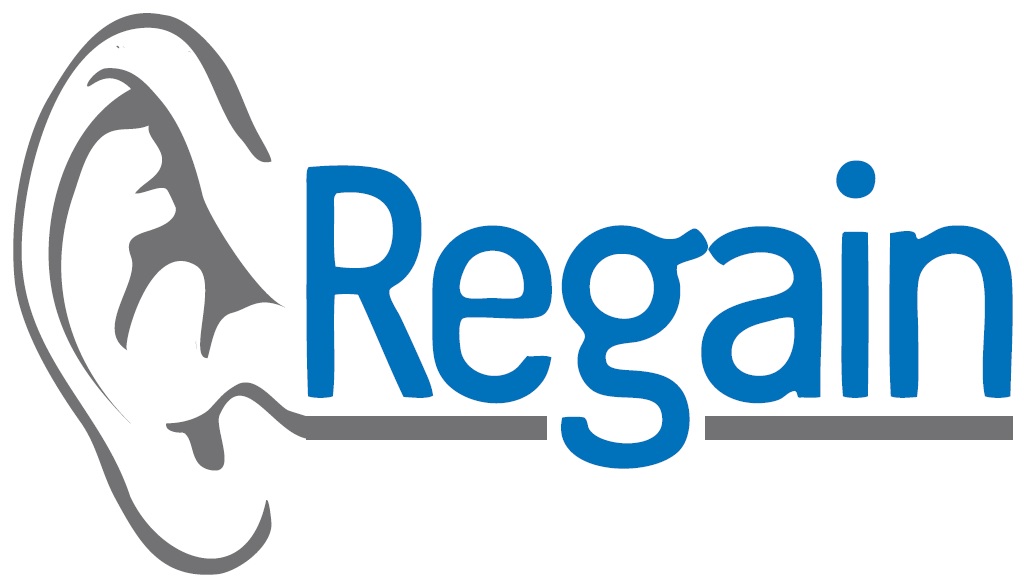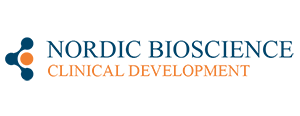We report positive results from our Phase I multiple ascending dose, open-label safety study of the Notch Inhibitor LY3056480 in 15 patients with mild to moderate sensorineural hearing loss (SNHL). LY3056480 mediated Notch inhibition is aimed at regeneration of inner ear sensory hair cells that are lost with advancing age. The study was conducted at University College London and University College London Hospitals and focused on the safety and tolerability of LY3056480 in patients with adult onset mild to moderate SNHL. Dose escalation within the Phase I clinical trial demonstrated that trans-tympanic injection (3 administrations, one week apart) at the highest dose of 250 micrograms of LY3056480 was safe and well tolerated. No safety issues were reported.
Positive results for Phase I clinical trial
Hearing loss: an unmet medical need
Sensorineural hearing loss disables over 360 million people worldwide. Irrespective of its cause and severity, hearing loss can have a large impact on people’s health and well-being. The treatment of hearing loss is currently limited to the use of hearing aids or devices surgically implanted in the middle or inner ear. These devices often perform poorly in noisy environments and can be very costly. It has been estimated that the costs of untreated hearing loss are €213 billion in Europe alone each year.
Damage to the hair cells in the cochlea ("sensorineural hearing loss") is the major cause of hearing loss acquired later in life. The assumption has long been that sensorineural hearing loss is irreversible because once the hair cells in the cochlea become damaged, they cannot regenerate. However, recent studies in animals with hearing loss have shown that new and functioning hair cells can be generated through local treatment with a gamma-secretase inhibitor and improved hearing.
The REGAIN consortium is in the unique position to take the next crucial step in translation of these findings to the clinic, and test if this treatment is safe and improves hearing in people with sensorineural hearing loss.
Damage to the hair cells in the cochlea ("sensorineural hearing loss") is the major cause of hearing loss acquired later in life. The assumption has long been that sensorineural hearing loss is irreversible because once the hair cells in the cochlea become damaged, they cannot regenerate. However, recent studies in animals with hearing loss have shown that new and functioning hair cells can be generated through local treatment with a gamma-secretase inhibitor and improved hearing.
The REGAIN consortium is in the unique position to take the next crucial step in translation of these findings to the clinic, and test if this treatment is safe and improves hearing in people with sensorineural hearing loss.

This project has received funding from the European Union’s Horizon 2020 research and innovation programme under grant agreement No 634893.
Our Consortium
An international consortium of 7 partners has been awarded a €5,8 million European Commission Horizon 2020 grant to develop and test a new drug to treat hearing loss caused by the loss of sensory hair cells.The consortium’s unique combination of expertise in hearing loss biology and drug development and clinical expertise in treating hearing loss allows REGAIN to advance from proof-of-concept to the clinic.







